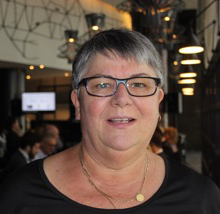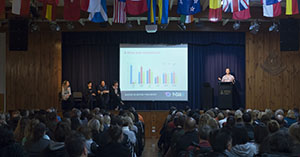You can spell it out in a song like Aretha Franklin, but any way you look at it, respect is the cornerstone of our society. It is so important it should be in capital letters – RESPECT – because this fundamental base forms the sum of our nation.
As the founder of Parenting Guides Ltd, a not-for-profit organisation providing resources for parents, carers and educators, I believe in the importance of instilling respect in our children to protect our future.
We have all seen recent public displays of disrespect whether it be online trolling, media figures mocking the disabled, radio jocks bullying staff or women being harassed in the workplace. AFL Collingwood president Eddie McGuire recently apologised to double-amputee Cynthia Banham after his negative comments when the number one Swans ticket holder struggled with the coin toss at a game against the Crows.
Some public examples of disrespect have had tragic results, such as the RM Williams teen model, Dolly Everett, who took her life after being bullied online.
AFLW star Tayla Harris was bombarded with misogynistic comments on a picture of her booting a fantastic kick, but she hit back saying she didn’t want to give “animals” oxygen. Now that’s a resilient, young woman and she gathered so much support.
But how do you make a child or young person resilient? You start with the basics. I have developed a new resource, RESPECT 101, with the support of the Federal Government’s Office for Women, because I am passionate about encouraging and developing the resilience of our young. Being respectful of yourself and others is a key and RESPECT 101 offers insights and advice to nurture our children.
RESPECT 101 is part of a suite of Parent Guides’ resources including Social Media 101, Sex 101, Drugs 101 and Mental Health 101, all developed to arm parents and others with knowledge in this ever-changing world. RESPECT 101 is an XYZ page resource, written by educational and psychological experts with input from students, educators and other teen specialists, designed as a starting block to build respect in children to develop their resilience.
It looks at how we, as adults, can provide positive role models while guiding our youth through today’s cyber minefields, and empowers children to be strong. This resource cuts across classrooms, sporting clubs, the home, the broader community and other places, to put kids on track where-ever they might find themselves.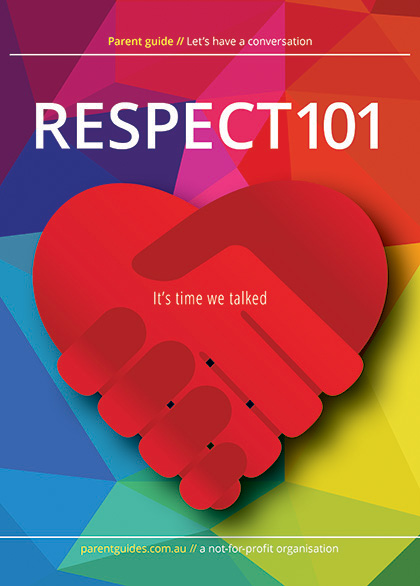
It considers relationships of all kinds but dwells on the most important – a child’s respect for themselves and how to build on this, and from there, with resilience, they will flourish. Experts in the RESPECT 101 resource look at family life and values, and the effect of family breakdowns and domestic violence on children. There are sections on the hot potatoes in today’s schools – sexism and equality, racism, social media and LGBTIQ+, as well as providing pointers to more assistance.
These resources are close to my heart. I wouldn’t be here unless I cared. Why does a childless, single woman care? By choice, I was a parent/carer of a nephew with serious substance abuse who now lives daily with mental health issues. Parent Guides was my response to the battle I faced finding resources and agencies to help my nephew and led to me to launching Drugs 101 at a parent night (Strathcona Baptist Girls Grammar) in 2015. It gave parents, carers and others the guidance and skills I wish I’d had as a carer.
As a group of professionals, we go from strength to strength, identifying the next challenges. We recently ran a teen suicide prevention project (funded by the State Govt), Suicide: It’s Time We Talked, tackling the once taboo subject of teen suicide using a professionally-written play by Alan Hopgood and an expert panel (GP, headspace and PoPsy) to dispell the myths that talking about suicide triggers an event.
Parent Guides create trust, credibility and confidence in families and our next projects include Gaming & Gambling 101, Resilience 101 and Money 101. We hope they will make a real difference.
For more information re parent information nights at your school see out Schools Contact Page or call us on 0407542655
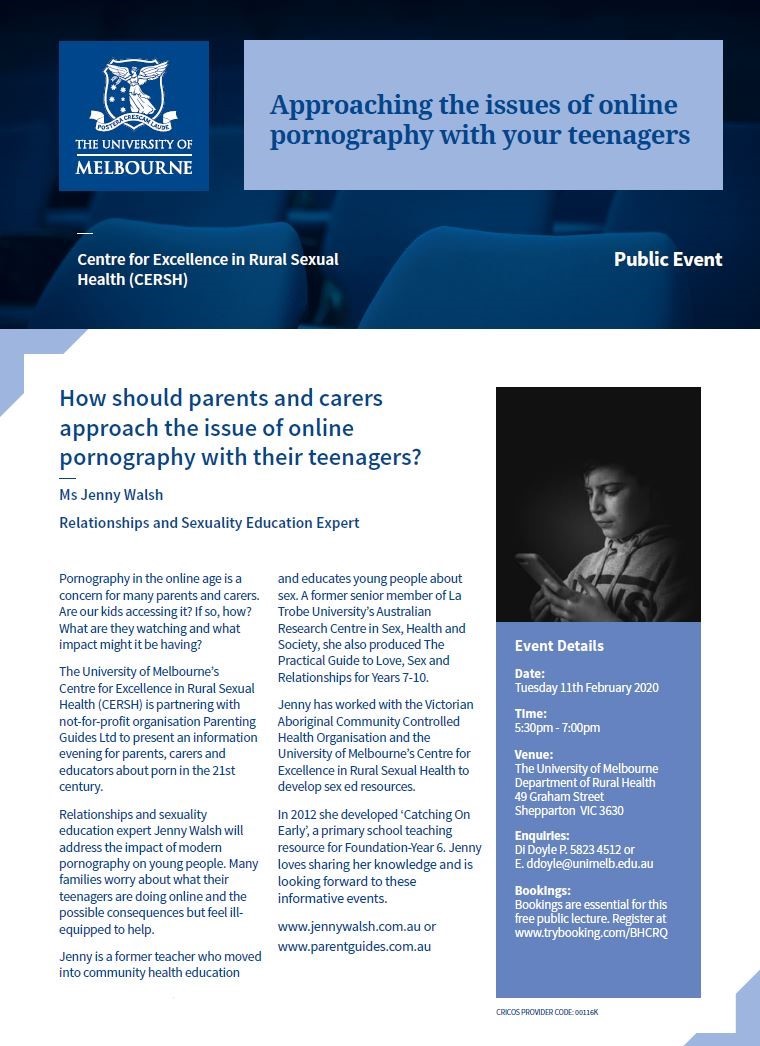


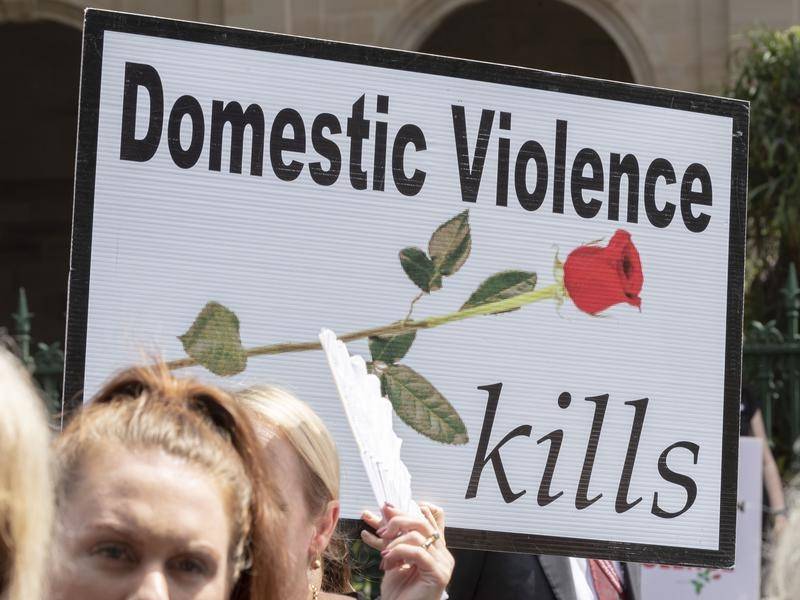

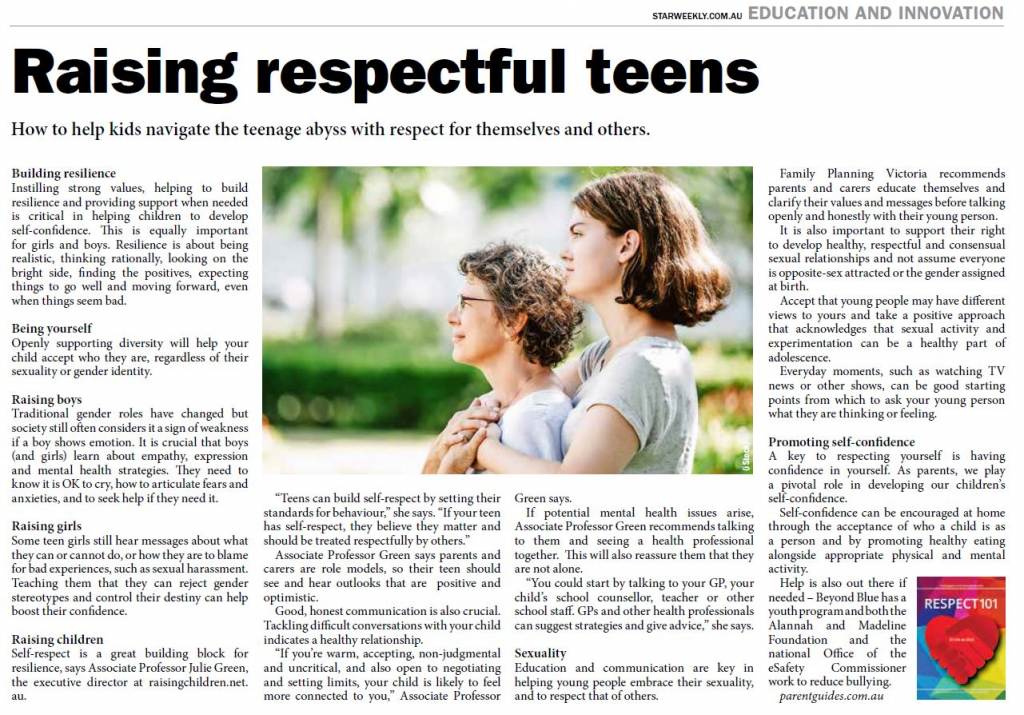
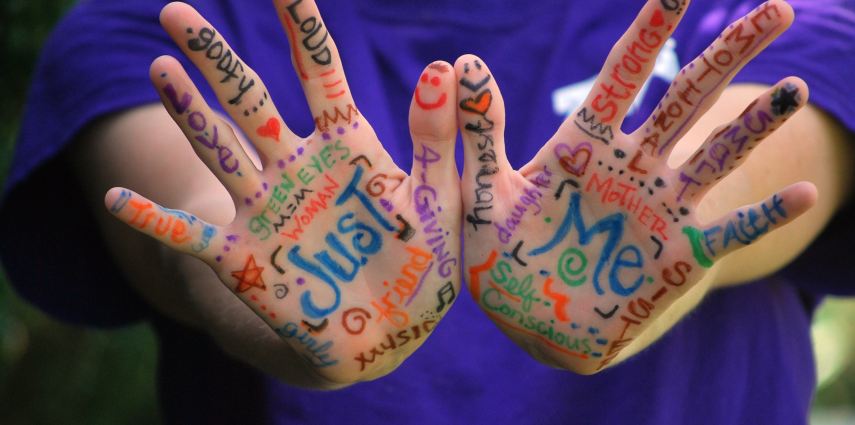

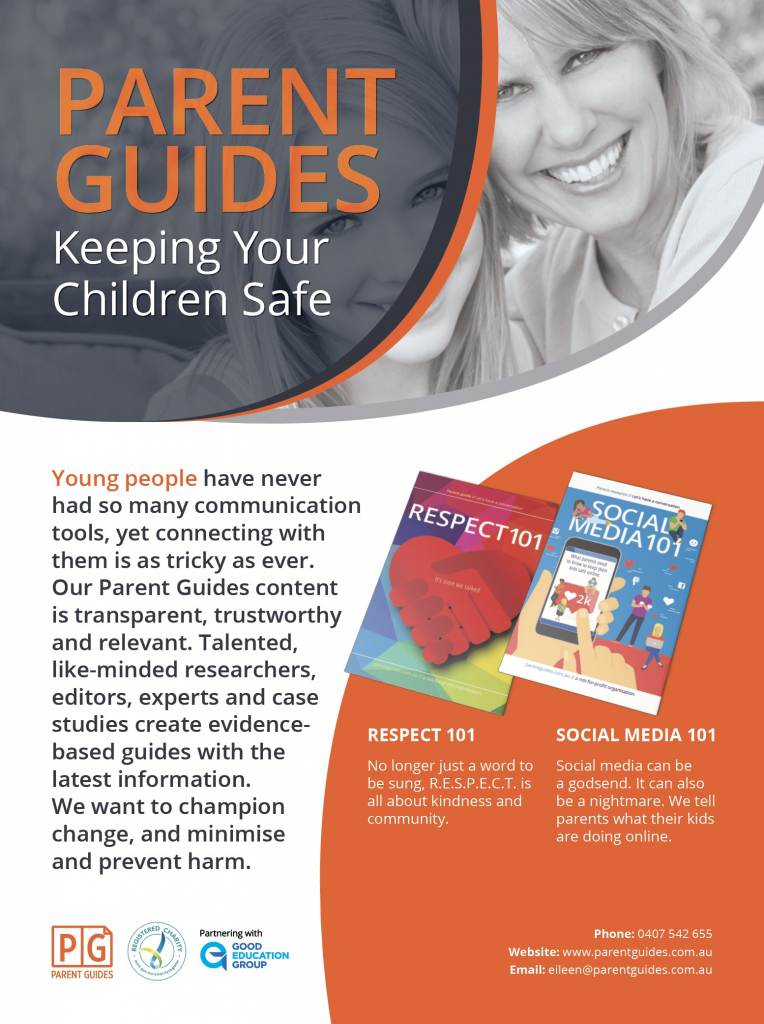
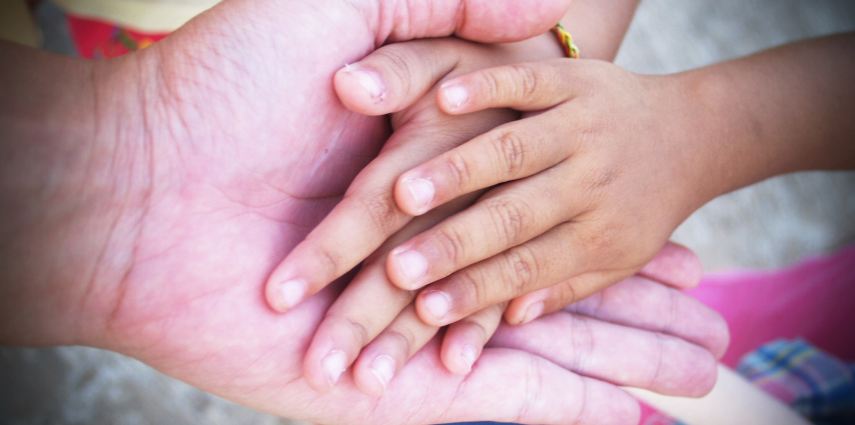
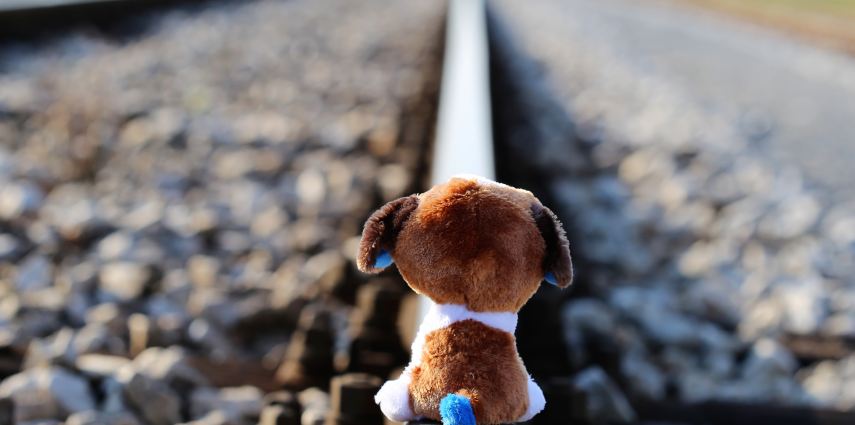

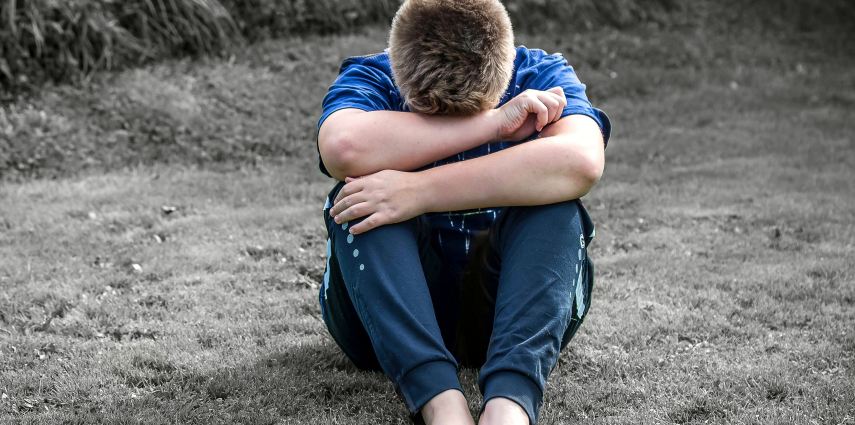
 Helicopter parents take an overactive and excessive interest in their child’s life.
Helicopter parents take an overactive and excessive interest in their child’s life.